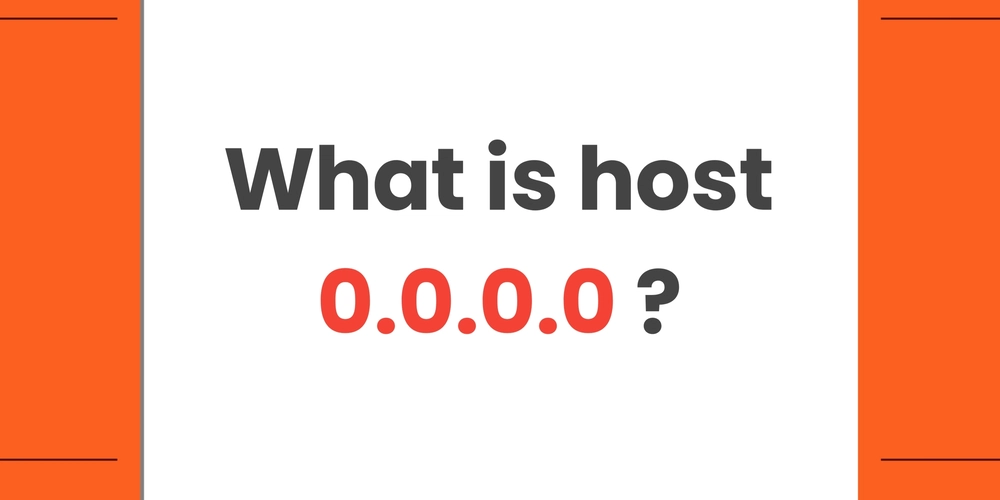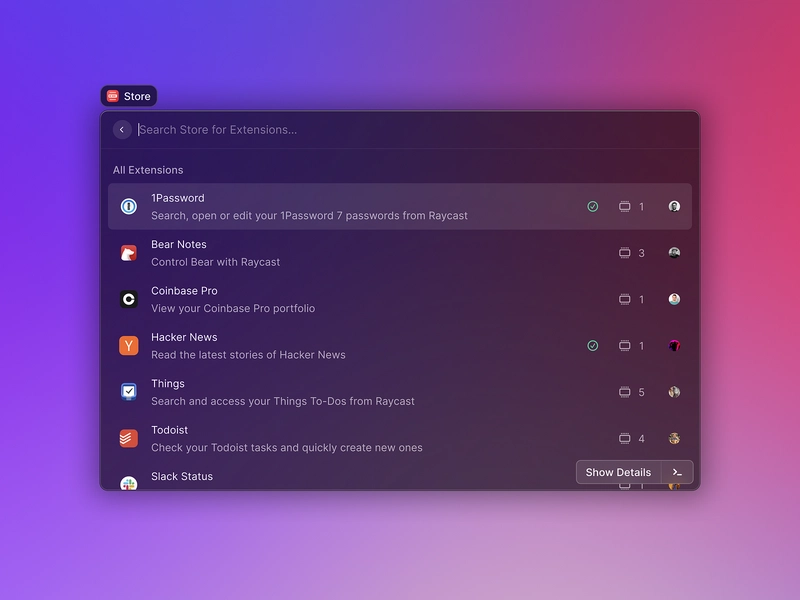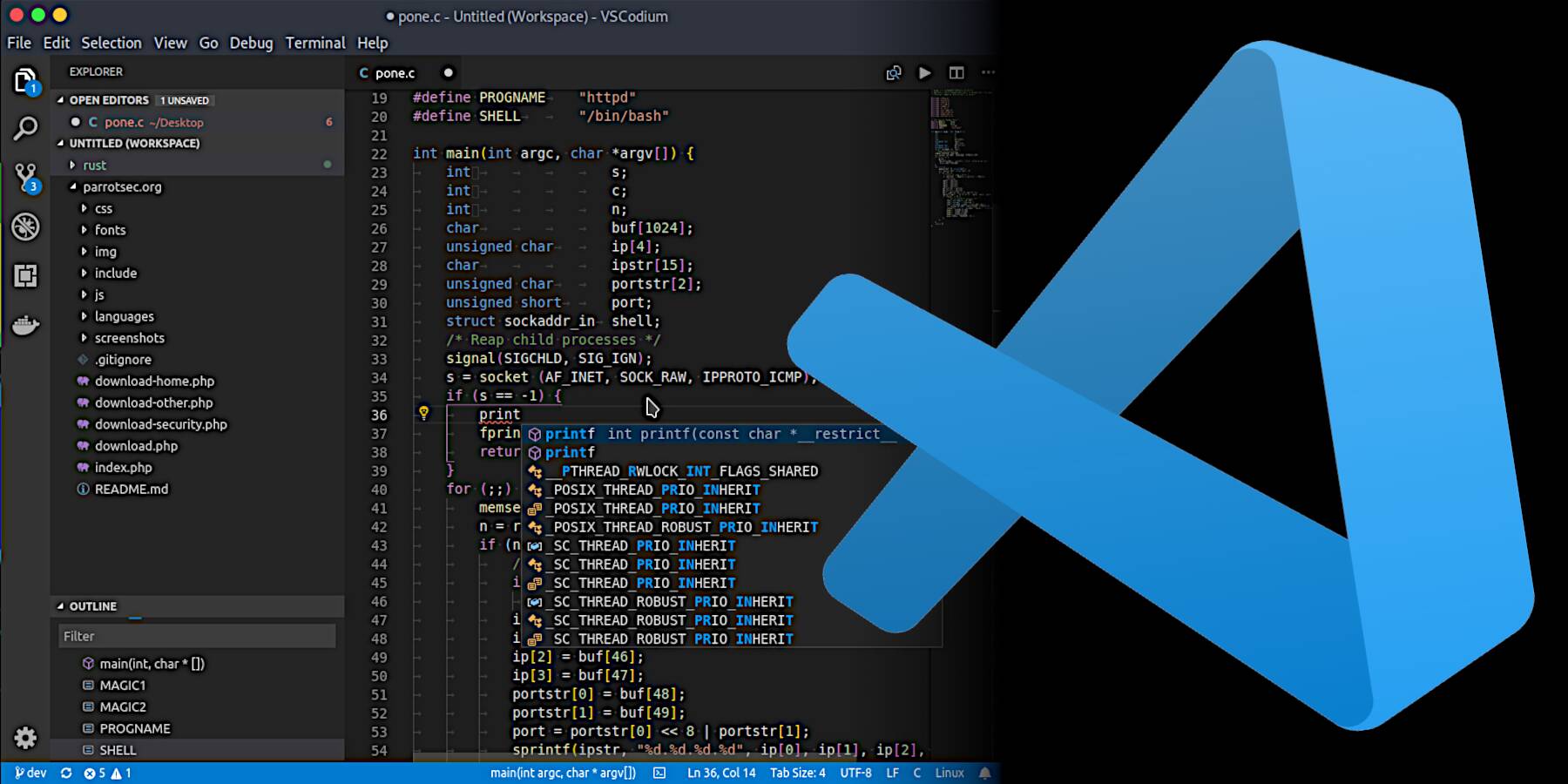What is host "0.0.0.0"?
When you're building a web application or server in any programming language, at some point you might come across this line: host="0.0.0.0" Let’s break down what host="0.0.0.0" means, why it’s used, and when to use it. This article will help you understand the concept in a simple way, even if you're not using Python or Flask specifically. What is host="0.0.0.0"? 0.0.0.0 is a special IP address. It doesn’t point to a single device. Instead, it means “all IPv4 addresses on the local machine.” When you set host="0.0.0.0", you are telling your program to listen for requests on any network interface your machine has. In simpler terms: If someone tries to connect to your server through localhost, 127.0.0.1, your private IP (like 192.168.x.x), or even a public IP (if allowed), the server will respond. It opens the app to the outside world (your local network or the internet, depending on your setup). Why Use host="0.0.0.0"? By default, many programs only listen on 127.0.0.1 (also known as localhost). That means they only accept connections from your own computer. But what if: You want to test the app from your phone or another device on the same Wi-Fi? You’re building an API for others to use from outside? You’re running the server inside a Docker container and need it to be accessible from your host machine? That’s where host="0.0.0.0" comes in. It allows your app to receive requests from other devices. Real-Life Example Using Python from flask import Flask app = Flask(__name__) @app.route('/') def hello(): return "Hello from the server!" if __name__ == '__main__': app.run(host='0.0.0.0', port=4000) With host='127.0.0.1', you can only visit http://localhost:4000 from your own machine. With host='0.0.0.0', you can also visit http://:4000 from: Your phone Another laptop on the same network Other machines in your environment Important Note on Security Using 0.0.0.0 can make your app accessible to everyone, even over the internet if your firewall and router allow it. That’s useful for testing, but dangerous if the app is not secure. For production, it’s better to: Use firewalls to block unwanted access Use HTTPS and authentication Consider using a reverse proxy like Nginx or a cloud provider that adds security layers Summary 0.0.0.0 means "listen on all network interfaces". It's useful when you want others (other devices or users) to connect to your app. It works across many programming languages.

When you're building a web application or server in any programming language, at some point you might come across this line:
host="0.0.0.0"
Let’s break down what host="0.0.0.0" means, why it’s used, and when to use it. This article will help you understand the concept in a simple way, even if you're not using Python or Flask specifically.
What is host="0.0.0.0"?
0.0.0.0 is a special IP address. It doesn’t point to a single device. Instead, it means “all IPv4 addresses on the local machine.”
When you set host="0.0.0.0", you are telling your program to listen for requests on any network interface your machine has.
In simpler terms:
- If someone tries to connect to your server through
localhost,127.0.0.1, your private IP (like192.168.x.x), or even a public IP (if allowed), the server will respond. - It opens the app to the outside world (your local network or the internet, depending on your setup).
Why Use host="0.0.0.0"?
By default, many programs only listen on 127.0.0.1 (also known as localhost). That means they only accept connections from your own computer.
But what if:
- You want to test the app from your phone or another device on the same Wi-Fi?
- You’re building an API for others to use from outside?
- You’re running the server inside a Docker container and need it to be accessible from your host machine?
That’s where host="0.0.0.0" comes in. It allows your app to receive requests from other devices.
Real-Life Example Using Python
from flask import Flask
app = Flask(__name__)
@app.route('/')
def hello():
return "Hello from the server!"
if __name__ == '__main__':
app.run(host='0.0.0.0', port=4000)
With host='127.0.0.1', you can only visit http://localhost:4000 from your own machine.
With host='0.0.0.0', you can also visit http:// from:
- Your phone
- Another laptop on the same network
- Other machines in your environment
Important Note on Security
Using 0.0.0.0 can make your app accessible to everyone, even over the internet if your firewall and router allow it. That’s useful for testing, but dangerous if the app is not secure.
For production, it’s better to:
- Use firewalls to block unwanted access
- Use HTTPS and authentication
- Consider using a reverse proxy like Nginx or a cloud provider that adds security layers
Summary
- 0.0.0.0 means "listen on all network interfaces".
- It's useful when you want others (other devices or users) to connect to your app.
- It works across many programming languages.










































































































































































![[The AI Show Episode 144]: ChatGPT’s New Memory, Shopify CEO’s Leaked “AI First” Memo, Google Cloud Next Releases, o3 and o4-mini Coming Soon & Llama 4’s Rocky Launch](https://www.marketingaiinstitute.com/hubfs/ep%20144%20cover.png)

































































































































![[DEALS] Sterling Stock Picker: Lifetime Subscription (85% off) & Other Deals Up To 98% Off – Offers End Soon!](https://www.javacodegeeks.com/wp-content/uploads/2012/12/jcg-logo.jpg)











































































































.jpg?#)















































































































































![Apple to Shift Robotics Unit From AI Division to Hardware Engineering [Report]](https://www.iclarified.com/images/news/97128/97128/97128-640.jpg)

![Apple Shares New Ad for iPhone 16: 'Trust Issues' [Video]](https://www.iclarified.com/images/news/97125/97125/97125-640.jpg)







































































































































